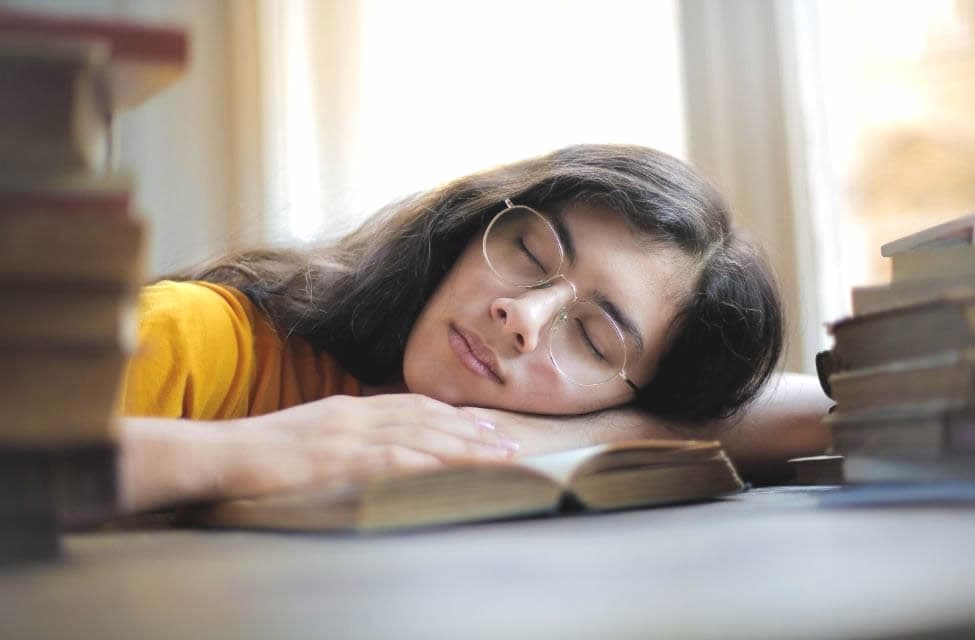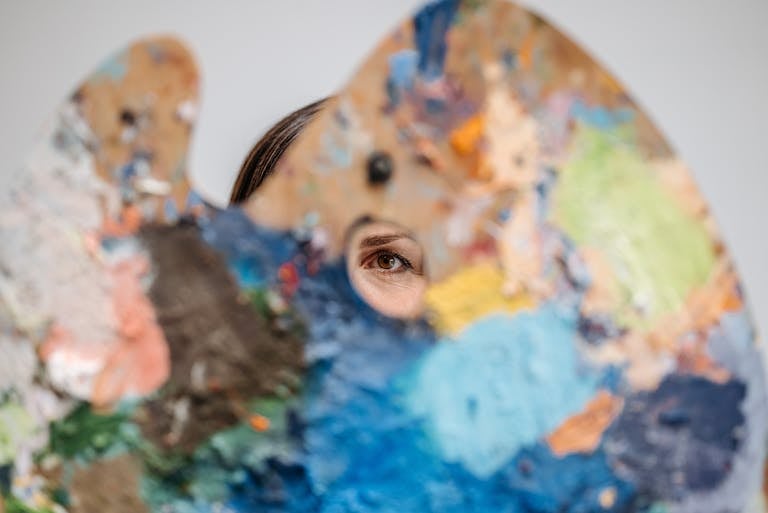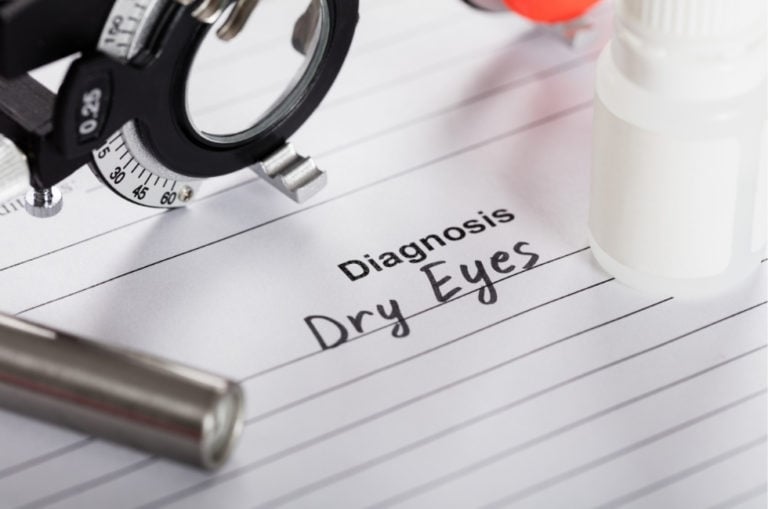Anyone who’s had extended periods of poor sleep knows that too little of the right kind of shut-eye leads to feelings of lethargy, irritation and a reluctance to get fully involved in the next day at home or at work. They also know they can’t hide from their companions or colleagues their puffy eyelids, bloodshot eyes, and the sagging bags or dark circles under the eyes.
However, according to Australian behavioural optometrists Jacqueline Gattegno and Gary Rodney, many don’t realise that the lack of sleep can have far more serious effects on their eyesight and vision than merely spoiling their aesthetics or their mood, or that some even lead to vision loss.
Why A Good Night’s Sleep is Necessary
According to Rodney, a master of optometry and fellow of the International Academy of Orthokeratology and Myopia Control (FIAOMC), regularly having the correct amount of the right sort of sleep leads to better and clearer eyesight, vision, and eye function. The recommended amount is 7 to 8 hours at night for adults, longer for teenagers, and still more for young children whose eyes are still developing.
These extended sleep periods provide adequate time for restoring and renewing the cells, lubricating the eyes, and improving the health of the tissues, nerves and muscles in and around the eyes. Not giving the eyes this vital time for maintenance can result in nothing more than a little discomfort in the short-term, but it can also seriously affect the eyes and visual system, and can sometimes lead to impaired vision or blindness, says Gattegno.
How Lack of Sleep Can Affect the Eyes
- The Eye Spasms and Twitching experienced after a short or restless night’s sleep, probably won’t harm vision permanently, but they can be extremely irritating and distracting at the very least. Rodney says they may also affect the ability to focus, and influence the ability to perform everyday functions such as driving, working on the computer, or reading.
- Dry Eye Syndrome is caused when the eyes don’t produce enough tears (or they evaporate too soon) to clean and lubricate the eyes. While this can occur naturally, Rodney says it is also associated with too much time spent watching screens with a fixed focus, and little blinking or eye movement. And it can also result from too little sleep.
He says all these habits limit the tears eyes build up during blinking or sleeping, and affects their ability to circulate them in order to keep the eyes lubricated. The result can cause headaches; itchy, scratchy or red eyes; blurred vision; increased light sensitivity; stringy mucus in and around the eyes; eye infections and eye fatigue. But, when it happens too often, it can also lead to scratches developing on the cornea which covers the eye and protects it against UV light rays, and may even result in total vision loss if left untreated.
- The most severe eye impairments, and the most likely to cause vision loss, flourish in a poor health environment, according to Rodney. Two of the best known are Glaucoma, which builds up pressure inside the eyes to a point where it damages the optic nerve and, starting with the peripheral vision, gradually leads to total vision loss; and Diabetic Retinopathy, which, in reaction to Diabetes 2, damages the blood vessels in the retina, which normally act as the landing point for the light rays delivering information about what is seen for transfer to the brain.
- A rarer vision condition, Anterior Ischemic Optic Neuropathy (AION), also seems to have a connection with sleep loss, and particularly where the sleep-deprived person has sleep apnea. This causes inflammation in the eye blood vessels, which can also result in vision loss over time.
For more information on how to identify and avoid eye conditions and impairments, or to make an appointment for a regular eye check, visit the Smart Vision website: Optometrists Sydney: Optometry Services For Children and Adults | Smart Vision; for specific information about Myopia treatment and prevention visit Myopia Prevention: Solutions, Control And Treatment In Sydney; and for detailed information about Myopia Treatment visit Orthokeratology In Sydney: The Non Surgical Alternative.
Book an appointment for a thorough eye check-up or Call the Bondi clinic on (02) 9365 5047 or the Mosman clinic on (02) 9969 1600.







